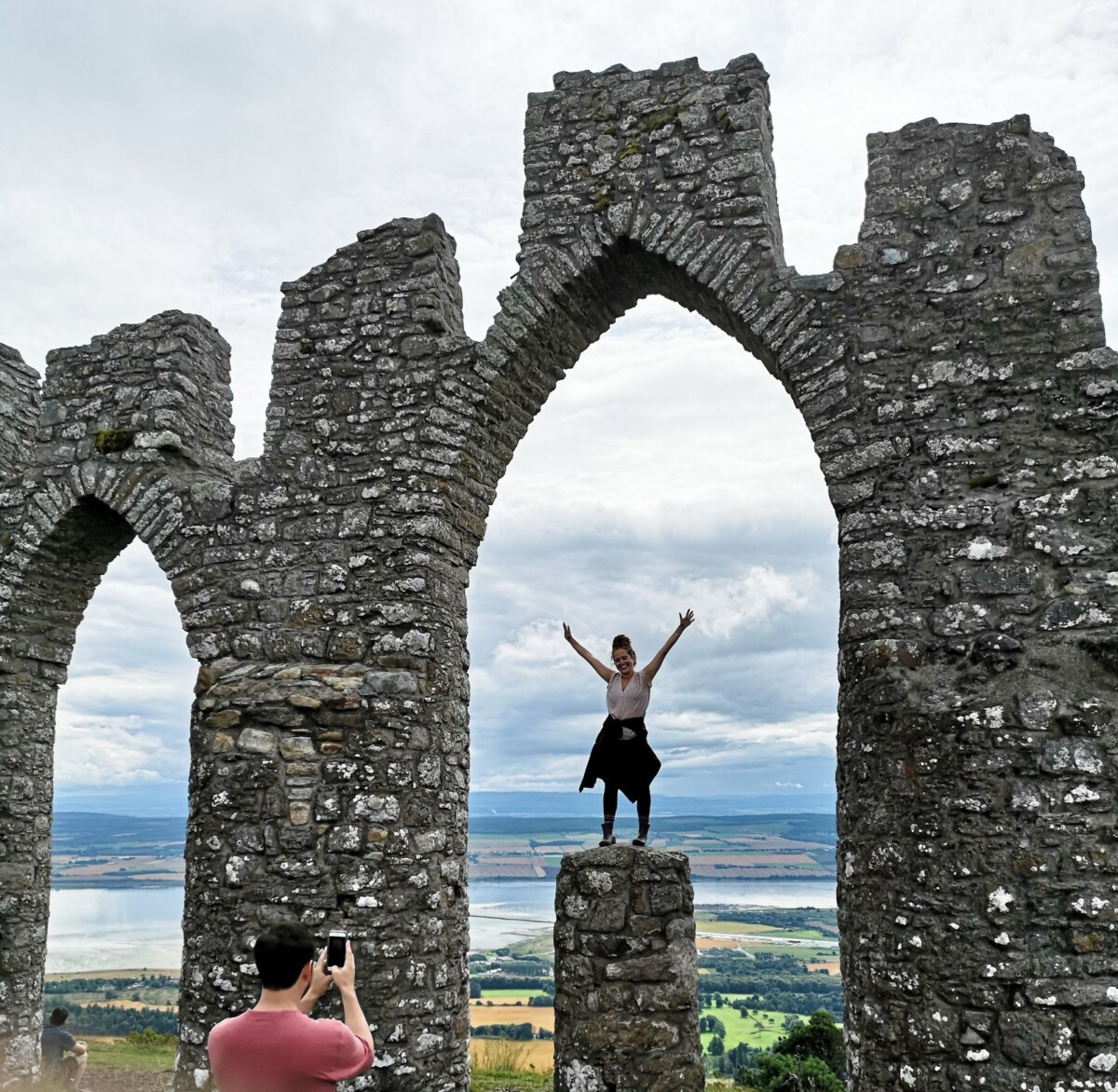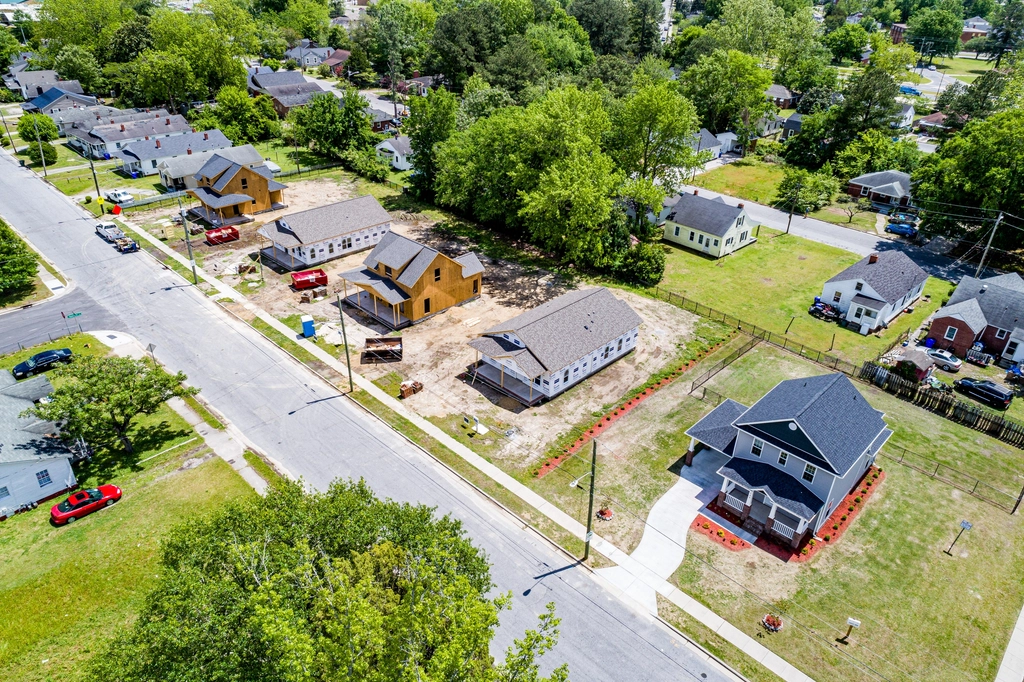The Rise of Digital Privacy Concerns

It’s honestly shocking how much of our lives is exposed without us even realizing it. In 2024, the Pew Research Center revealed that 81% of Americans feel powerless over the data collected about them online. When you post about your travel adventures, you’re not just sharing memories with friends; you’re giving away info about your whereabouts, habits, and even your home’s vulnerability while you’re gone. Hackers and data brokers are getting smarter every year, making privacy a real struggle for the average person. It’s not just about your location—metadata from photos, timestamps, and even comments can be pieced together to form a detailed profile of you. Personally, I started noticing targeted ads and weirdly specific recommendations after sharing travel photos, which freaked me out. As people become more aware of how their digital footprints can be traced, it makes sense to think twice before broadcasting travel plans. Keeping your adventures offline could mean keeping your peace of mind intact.
The Impact of Social Media on Travel Experiences

Have you ever felt like if you didn’t post about your trip, it didn’t really happen? You’re not alone. A 2023 survey showed that over 70% of travelers feel pressure to document every moment for social media. The constant hunt for the perfect shot can turn a relaxing vacation into a high-stress photo shoot. Instead of savoring a sunrise or getting lost in a new city, people are glued to their screens, editing and uploading. I remember a friend missing an entire mountain hike because she was obsessed with getting a single photo for Instagram. This kind of pressure chips away at the joy and spontaneity of travel. When you step back from sharing, you get to experience things fully, without worrying about likes or comments. Focusing on the real world, not the digital one, can make travel so much more rewarding.
Safety and Security Risks

Posting your whereabouts online can invite trouble. According to a 2024 study by the Cybersecurity and Infrastructure Security Agency (CISA), 40% of travelers reported feeling unsafe after sharing trip details on social media. Criminals can use this information to target empty homes or even track travelers for scams or theft. I once saw a neighbor’s house get broken into right after she posted she was “off to Paris for two weeks!” The timing was no coincidence. Even seemingly harmless posts can reveal patterns about your routines or give away sensitive data. By keeping your travel plans private, you dramatically reduce the chances of unwanted attention or security breaches. It’s a simple way to keep both yourself and your home safer while you’re out exploring the world.
The Pressure to Curate a Perfect Image

Social media is full of picture-perfect travel shots, but the reality behind them is often messy and stressful. The International Journal of Tourism Research reported in 2023 that 65% of travelers feel inadequate when comparing their travels to what they see online. This comparison trap can sap the joy from your own adventures, making you feel like you’re always coming up short. I’ve felt it myself—scrolling through endless beaches and mountain vistas, wondering why my own trips never look that glamorous. The pressure to curate a flawless feed means people spend more time worrying about appearances than actually enjoying themselves. Choosing not to post lets you ditch the competition and focus on what really matters: your own unique journey. It’s freeing to simply experience a place without needing to prove anything to anyone.
The Environmental Impact of Over-Tourism

Tourism is booming, but so are the problems that come with it. In 2024, the United Nations World Tourism Organization (UNWTO) reported that 60% of the world’s most popular sites are suffering from environmental degradation caused by too many visitors. Social media plays a big role in this—one viral post can send waves of tourists flocking to once-hidden gems, overwhelming the local environment. I remember reading about a tiny beach that went from peaceful to packed overnight after going viral on TikTok. When we choose not to broadcast our trips, we help reduce the risk of contributing to over-tourism and the environmental strain it brings. It’s a small act, but it can help preserve those special places for the people and wildlife that call them home.
The Value of Personal Reflection

Travel can be transformative when you give yourself the space to reflect. A 2023 study from the Journal of Travel Research found that 75% of travelers felt more connected to themselves on trips where they didn’t focus on documenting every moment. Without the constant impulse to share, you’re free to notice little details, journal your thoughts, or simply sit in silence and soak up your surroundings. I’ve found some of my best ideas and deepest realizations come during quiet moments on the road, not when I’m busy crafting the perfect post. It’s amazing how much more you can learn about yourself when you’re not distracted by the online world. Keeping your travels private can help you grow in ways you never expected.
The Shift Towards Authentic Connections

People are craving real, meaningful connections more than ever. In 2024, a survey by the Digital Marketing Institute showed 68% of users prefer genuine interactions over polished social media posts. When you’re not worried about what to share online, you’re more open to connecting with locals, making new friends, and having spontaneous adventures. Some of my favorite travel memories come from long conversations with strangers in cafes or laughing with fellow travelers on a bus—experiences that are hard to capture in a photo or caption. Ditching the urge to post lets you focus on building these authentic relationships that make travel truly special.
The Joy of Living in the Moment

There’s something magical about being fully present, especially in a new place. According to a 2023 study by the Global Travel Association, 80% of travelers reported feeling more fulfilled when they focused on living in the moment rather than documenting for social media. I’ve noticed that when I leave my phone in my bag, I see and feel so much more—the colors of a sunset, the sounds of a busy market, the taste of something new. It becomes less about proving you were there and more about actually being there. This kind of mindful travel leads to memories that stick with you long after you’re home.
The Influence of Digital Detox

Digital detox isn’t just a buzzword anymore; it’s a real movement. The Digital Wellness Institute’s 2024 report says 55% of travelers now plan to take a break from social media while on vacation. Stepping away from screens is linked to lower stress, better sleep, and more meaningful experiences. I tried a digital detox on my last trip, and it was like waking up after a long nap—suddenly, the world felt bigger and more exciting. Without the urge to check notifications, you can truly unwind and recharge. Choosing not to post your travels can be the first step toward a healthier, more balanced relationship with technology.
Conclusion: Embracing a New Travel Mindset

As travel habits shift in 2025, more people are rethinking how and why they share their journeys. Prioritizing privacy, real connections, and personal fulfillment is becoming more important than racking up likes or followers. By keeping your trips offline, you open up space for deeper experiences, better security, and more authentic memories. This simple choice can help ensure that travel remains a source of joy and discovery, rather than just another thing to perform for an audience.






